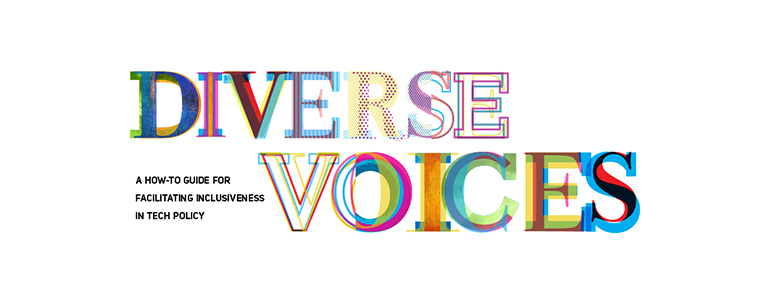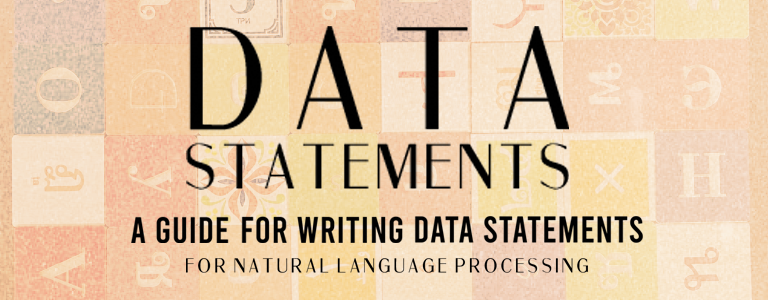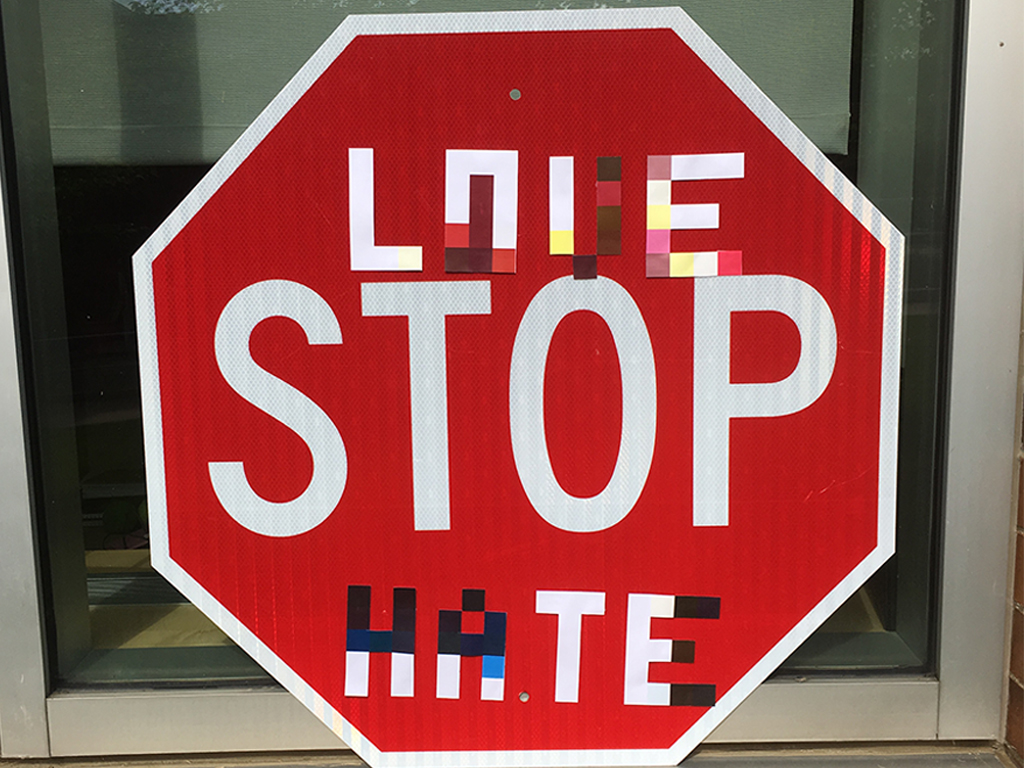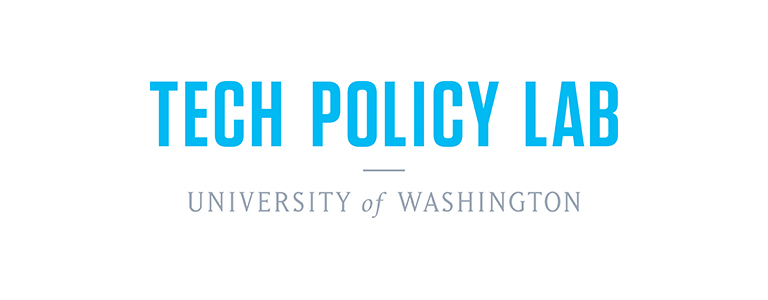The Tech Policy Lab engages in novel and high impact research on emerging technologies while providing guidance for creating wiser, more inclusive tech policy.
Diverse Voices
All too often, policy development for emerging technology neglects under-represented populations. In response to this challenge, the UW Tech Policy Lab developed the Diverse Voices method in 2015. The method uses short, targeted conversations about emerging technology with experiential experts from under-represented groups to provide feedback on draft tech policy documents. This process works to increase the likelihood that the language in the finalized tech policy document addresses the perspectives and circumstances of broader groups of people – ideally averting injustice and exclusion.
Global Summit
The Tech Policy Lab’s Global Summit initiative, which began in 2016, is a convening of approximately 20-30 thought leaders from around the world representing governance, policy, and technology. The Summit, held biennially, aims to frame and begin progress on pressing grand challenges for tech policy, providing opportunities for designers, ethicists, lawyers, policymakers, technologists, and others from around the world to collaborate on global and local issues.
Tech Policy Breakdowns
In our tech policy breakdowns project, the Lab is leveraging our developing understanding of the commonalities in tech policy breakdowns to aid in the crafting of robust and appropriate regulations for emerging technologies. By identifying historical pitfalls and prospective points of failure, we seek to provide policymakers with tools and resources that lead to effective and relevant technology policy.
Artificial Intelligence and Robots
The Tech Policy Lab is committed to advancing artificial intelligence and robotics in the public interest through research, analysis, and education and outreach.
Internet of Things
The Internet of Things (IoT) has brought a wave of new devices into our homes that are always connected. Our work focuses on technical, societal, and policy questions for these devices.
Augmented Reality
Augmented Reality (AR) presents novel or acute challenges for technologists and policymakers. Our work in AR is aimed at identifying some of the major legal and policy issues AR may present as a novel technology and provides conditional recommendations to help address those issues.
DNA Security
Modern DNA sequencing techniques can sequence hundreds of millions of DNA strands simultaneously. Computers are needed to process, analyze, and store the billions of DNA bases that can be sequenced from a single DNA sample. New and unexpected interactions may be possible at this boundary between electronic and biological systems.
Cities
Our work examines how emerging technology affects and operates within cities, and provides recommendations around the policy impacts of these technologies.
Home
Our work examines how a wave of new connected devices are entering the home.
Individuals
Our work examines security and privacy concerns that individuals face and provides recommendations to address these concerns.



